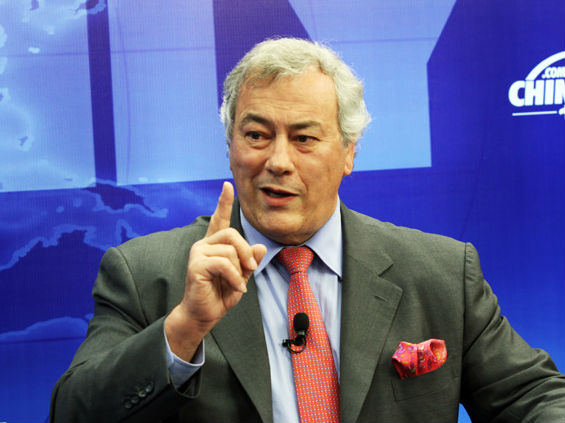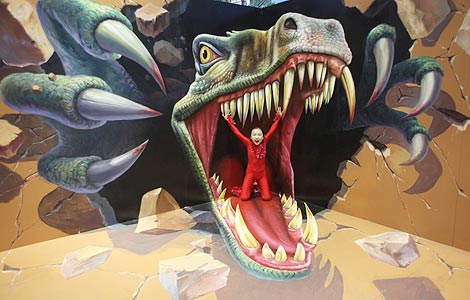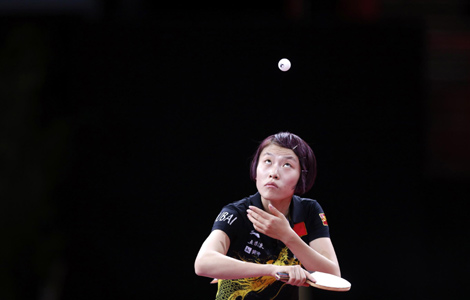Ex-journalist spreads her cultural know-how
Updated: 2013-05-19 08:51
By Meng Jing (China Daily)
|
|||||||||||
Former news correspondent Edith Coron uses her international experience to advise executives how to understand and manage relations between people from different countries.
It may be surprising to know that even some of the world's most powerful businesspeople can experience difficulties "thinking things through".
As a global leadership coach, Coron, founder and executive director of EOC-Intercultural, helps her executive clients identify their strengths and weaknesses by asking challenging questions.
"Through asking questions, I help them shape their thinking process," says Coron, whose company is based in Beijing.
"They do not need hard skills. But it is the soft skills, such as people skills, the capacity to communicate effectively with people from different cultural backgrounds, that prove difficult to get," says the 56-year-old French woman, who provides a tailor-made service in one-on-one sessions.
The monthly one-hour session can last from three months to a year depending on individual goals.
For Coron, communicating effectively in an international team is not about speaking the same language but about dealing with people from different cultural backgrounds and rules of behavior.
That's familiar ground for Coron. As a former foreign correspondent for about 20 years, Coron moved from one country to another, covering everything from general news to politics, business and war.
When she finally moved back to her hometown in France in the late 1990s, she worked as a foreign correspondent for a London-based newspaper called The European.
"The secret is to clear your mind about the stereotypes we all have about other people - and try to relate to people at an individual level."
|
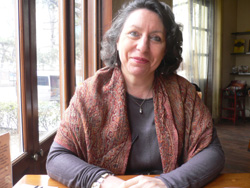 |
|
Edith Coron believes there is a promising future for the leadership coaching industry in China. |
She is now among 22,000 coaches certified globally by the US-based International Coach Federation.
It was difficult for Coron to give up a career that she had spent half of her life in, but it was a transition she was willing to make.
"You observe things instead of acting. But this job helps me to transform myself from a little grain of sand to a little drop of oil. I can try to make things work better now."
She first set up her company EOC-Intercultural in Hong Kong in 2006, mainly working outside the Chinese mainland.
However, with more investment pouring into Chinese mainland and an increasing level of outbound investment too, Coron later decided to move her practice to Beijing. Demand, she says, has risen specifically as a result of Chinese being promoted to senior positions in multinational companies.
She believes there is a promising future for the coaching industry in China, as many Chinese executives are significantly younger than their Western counterparts.
Despite the growing demand, Coron says the coaching culture in China is still weak compared with other Asian countries and partly because Chinese want to be coached in their native language.
She says many clients do not understand the difference between coaching and training. "People usually come to me expecting that I have the answers to solve their problems. That doesn't work for a coach.
"Coaching is a journey to help people achieve their goals and enhance their performance. Through asking questions, I push them to think. They will be the one to tell me what are their strengths and weaknesses."
With almost 10 years in China, immersing herself in Asian culture, Coron's company has not expanded - it is still just herself and an assistant - but the global nomad is in no hurry to leave.
"I can be useful here and I still have lots to learn. And I truly believe that understanding things from an Asian perspective in the 21st century is essential."
Today's Top News
Bird flu hits poultry industry for $6b
ZTE banks on growth in Indian telecom market
Top restaurants feel effect of new rules
Premier's visit to fuel economic cooperation
Call for more holiday time
Handicraft masters look for apprentices on job fair
China urges release of fishermen
Yingxiu five years on
Hot Topics
Lunar probe , China growth forecasts, Emission rules get tougher, China seen through 'colored lens', International board,
Editor's Picks
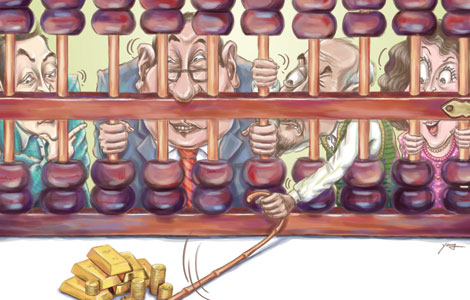
|

|
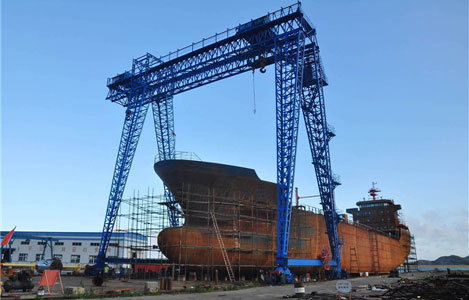
|
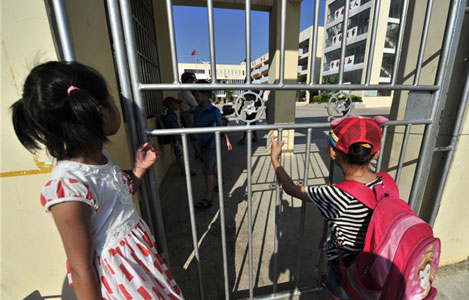
|
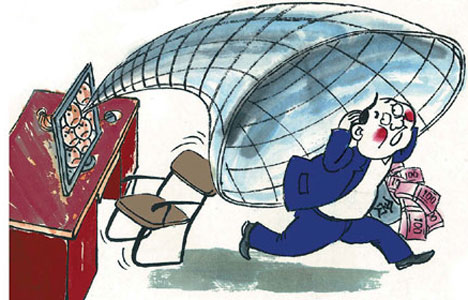
|

|

